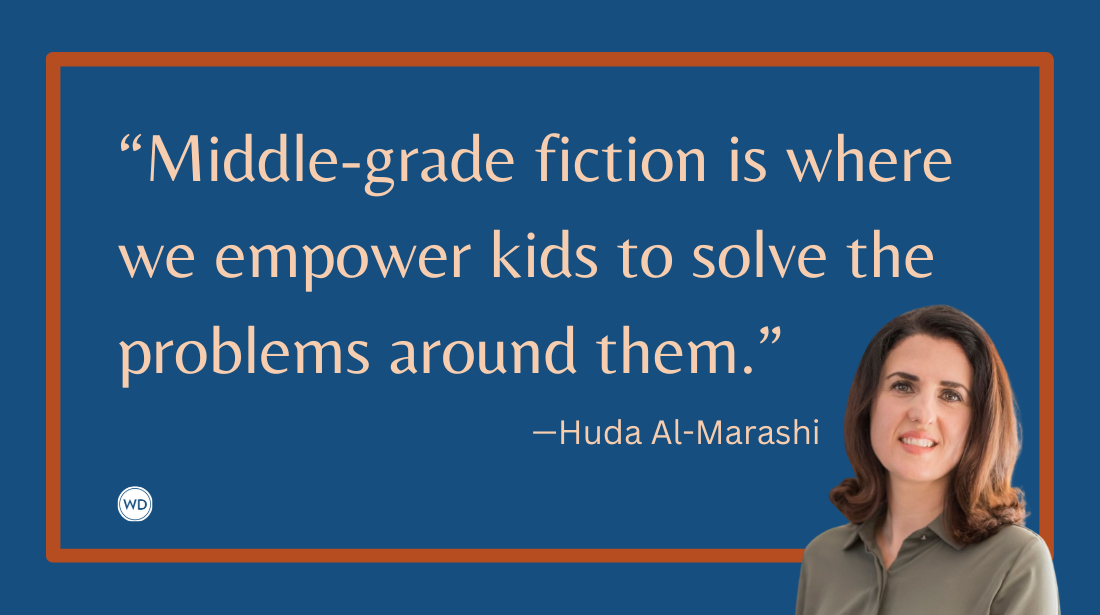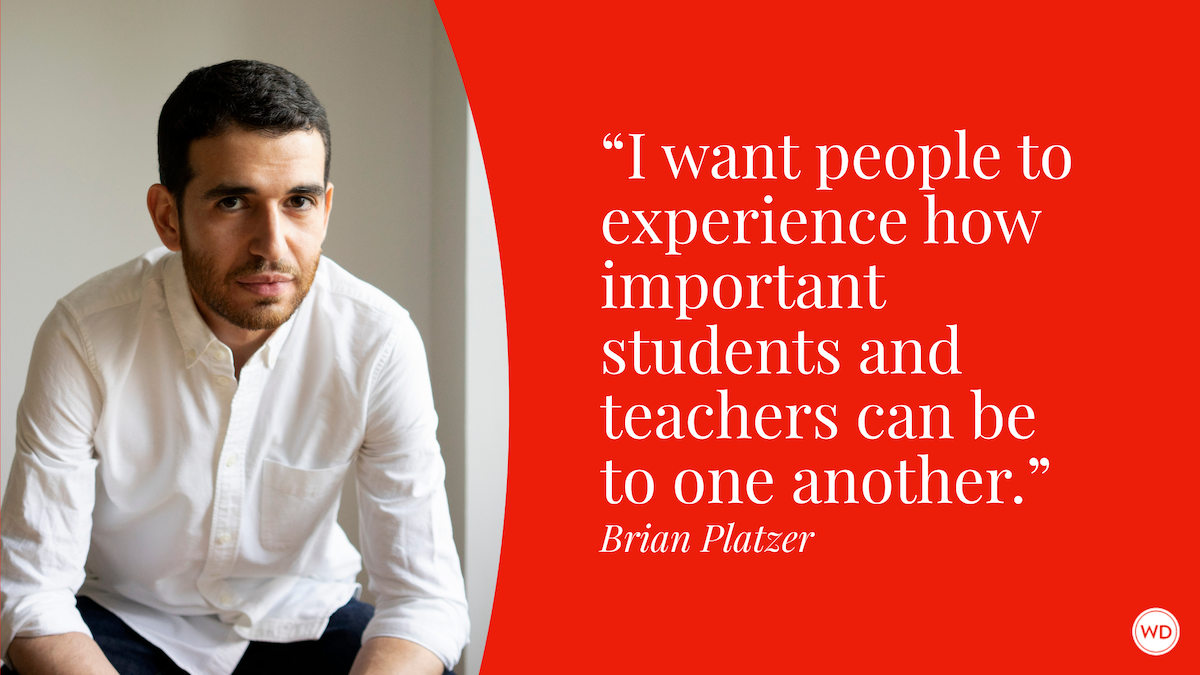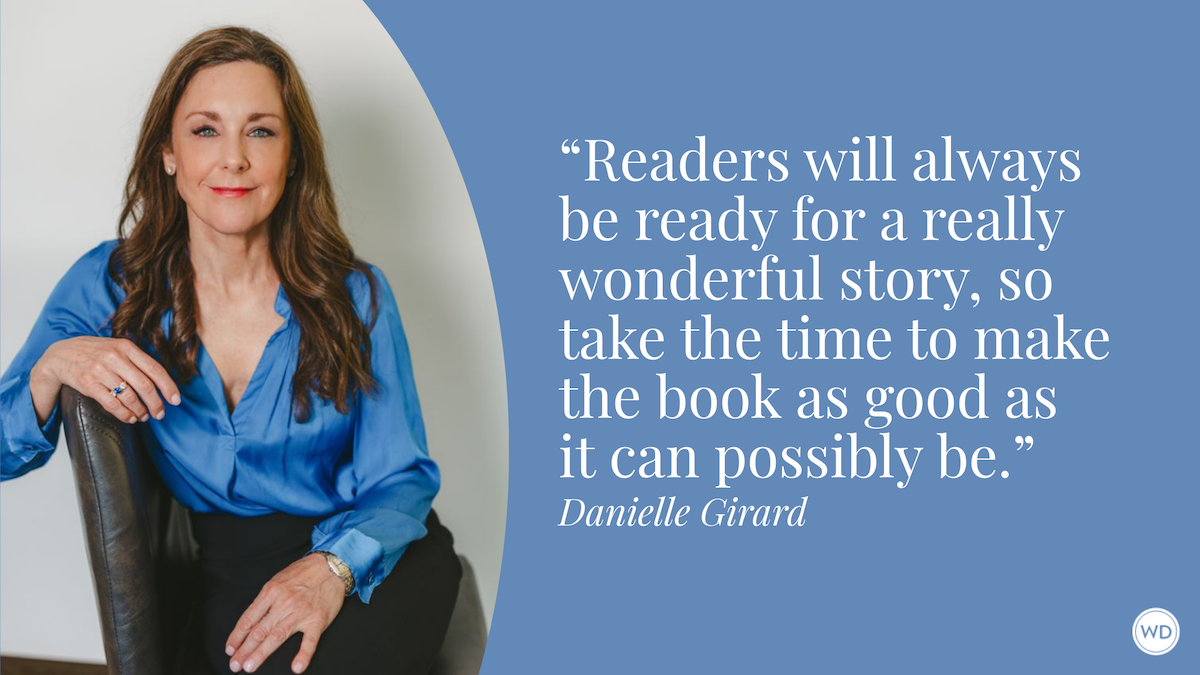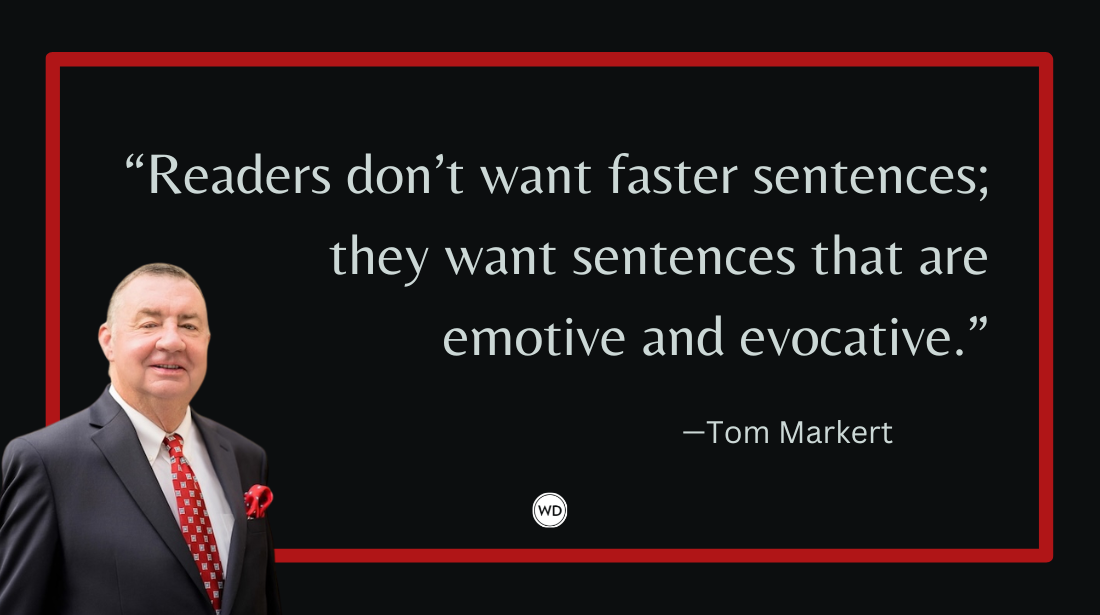Top 3 Things I Learned While Writing My Debut Novel
Author Kalla Harris shares the top three things she learned while going through the process of writing her debut novel.
In the year leading up to the publication of my debut novel, The Ground That Devours Us, at least 20 percent of the people I spoke with said in some capacity, “Publishing can’t be that hard. I’d love to write a book, too!”
While I don’t wish to discourage anyone, there is a reason why only a small percentage of people accomplish that goal. Writing is difficult, and it involves more than simply putting pen to paper. From crafting believable worlds to finding people who are willing to critique your work, there are so many factors involved when drafting a manuscript to completion.
Here are three vital lessons I learned while writing my debut.
#1. Fail to Plan, Plan to Fail
Unsurprisingly, life didn’t halt when I began writing. At one point, I was working three jobs that took up a large chunk of my time and energy. It didn’t take me long to realize that if I didn’t make writing a structured part of my schedule, my book would stay unwritten. I’ll admit that sometimes I would draft when I “had the time,” capitalizing on free moments here and there, but the reality was I rarely had free time.
One weekend, I grabbed my planner and reviewed my weekly schedule. Were there any pockets of time during the work week that I could dedicate to writing? My job required my full attention during shifts, so writing at work wasn’t feasible. However, I did notice that if I got up at 5 AM every morning, I could use those 60 minutes to write before starting my day.
Now, I’m not a morning person by any means, so I was a bit skeptical, but it proved to be very effective. My creativity was at its best in the morning, allowing me to chip away at chapters day by day. I could’ve used the weekend to get the majority of my writing done, but I wanted to spend that time “refilling the well.” This meant reading books, spending time with friends and family, and giving myself the much-needed space to recharge. This balance helped me avoid creative burnout.
Of course, your schedule might look vastly different than mine. Maybe writing on the weekend is best for you, and that’s okay! The whole point is to create a writing routine that works with your lifestyle.
#2. Growing a Thick Skin is a Necessity
When I wrote the infamous “The End” on the first draft of my manuscript, I knew the work wasn’t over. The first draft was just that—the first of many, and if I wanted the book to reach its best potential, it would require revisions. I’d written the bones of what would become my debut, but now I needed to focus my attention on the nitty gritty details: untangling plot inconsistencies, smoothing out the pacing, and more.
The best way to uncover my novel’s weakest spots was to allow trusted individuals to read my work and provide honest feedback. I’ll admit, this process felt extremely daunting and nerve-wracking. How was I going to feel when the critiques started rolling in?
Reader, I didn’t feel great. At least, not at first. I struggled to separate myself from my work, so every critique felt like a personal blow. This damaged my creativity. At one point, I wondered if I should continue writing. What was the point? It seemed like the book I’d spent months drafting needed so much work. Was it even good? Was I any good? I’d held off on reading the majority of comments until all feedback came in, and it wasn’t until I parsed through them that I began to see the constructive criticism for what it was: an opportunity for growth.
Those who gave me notes weren’t out to get me. They were rooting for the book’s success. From there, I quickly learned that feedback isn’t personal. I allowed myself the space to sift through each comment and decide what resonates with me and what doesn’t. Evaluating feedback sharpened my editorial skills. During this time, I began to recognize patterns and weaknesses in my own writing, which helped me to make fewer of those same mistakes in later drafts.
The reality is that criticism doesn’t go away after you’re done revising. As a writer, you’ll be faced with it over and over again, whether it’s feedback from an editor or a one-star review from a reader. If you want to survive in this industry and keep your creativity intact, you’ll need to thicken your skin.
#3. Sometimes You Have to “Kill Your Darlings”
One of the toughest lessons I learned while writing my debut was the necessity and effectiveness of the phrase “kill your darlings.” Nothing prepared me for the very first time I finished reading feedback from beta readers and critique partners and realized that I would need to cut whole chapters, scenes, and even characters from my manuscript.
I was fortunate that this experience happened early in my debut journey. In 2021, I had the pleasure of mentoring under two incredibly talented industry professionals. Their critique was a game-changer for me, but it also meant that I would not only be cutting large chunks of my book but switching genres.
My debut was originally a young adult dystopian novel with zombies, and under their guidance, it shifted into a young adult science fantasy with vampires. In the revision process and even as I queried literary agents, The Ground That Devours Us changed course again into a dark fantasy. All of that to say, it was brutal to let go of the pieces of my book I had poured my heart, time, and energy into, but it was necessary. Plus, no matter how many times genres changed, plots were re-hauled, or chapters were cut for new ones, the core themes of my book always stayed the same.
All of that to say, revisions aren’t a sign that your book is a failure. It means you’re learning what your manuscript truly needs to be successful, and that’s a skill you’ll take with you on your writing journey. If you find yourself needing to cut a character, scene, or chapter in the future, copy and paste it into a new document in case you can implement it in future drafts. Nothing ever truly stays dead, even your darlings.
Check out Kalla Harris' The Ground That Devours Us here:
(WD uses affiliate links)









